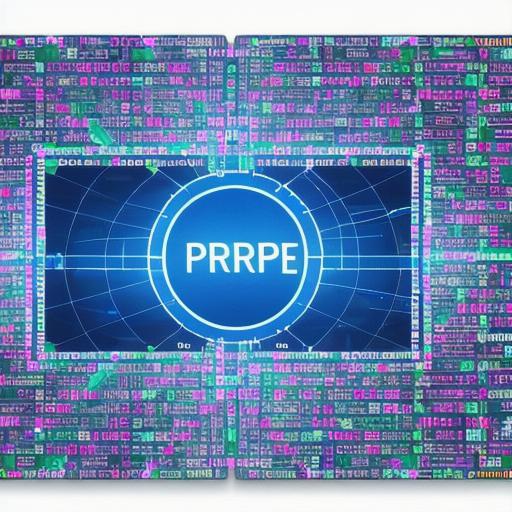Web3 technology has been around for a while, but it’s only in recent years that it has started to gain widespread attention. And with good reason – the decentralized, peer-to-peer network that underpins Web3 is transforming industries across the board. In this article, we will define what Web3 technology is, how it works, and the many ways it’s changing the way we do business.

What is Web3?
Web3 is a term used to describe a decentralized network of computers that work together to create a more secure, transparent, and efficient way of sharing data and resources. At its core, Web3 technology relies on blockchain, a distributed ledger system that allows for the creation of trust between parties without the need for intermediaries.
One of the key features of Web3 is its decentralized nature. Rather than relying on central servers or intermediaries to control and manage data, Web3 technology allows users to have direct control over their own data. This means that individuals and organizations can securely share information with one another without the need for intermediaries like banks or social media platforms.
Another important aspect of Web3 is its potential for automation. With smart contracts – self-executing programs that run on a blockchain network – it’s possible to automate many processes that were previously performed manually, reducing the risk of errors and speeding up decision-making.
Web3 in Action

There are already numerous examples of how Web3 technology is being used in different industries. Here are a few:
Finance: Web3 technology has the potential to revolutionize the financial industry by making it easier and more secure for people to send and receive money. With blockchain-based payment systems like Ethereum, individuals can send money across borders without the need for intermediaries like banks, reducing transaction costs and increasing speed.
Supply Chain Management: Web3 technology is being used to create more transparent and efficient supply chains by enabling companies to track products from manufacturer to consumer on a blockchain network. This allows for greater transparency and accountability in the supply chain, as well as reducing the risk of fraud and counterfeit goods.
Real Estate: Web3 technology is being used in real estate to create more secure and transparent property transactions. With smart contracts, it’s possible to automate the entire process of buying and selling properties, from contract signing to transfer of ownership, without the need for intermediaries like lawyers or notaries.
Conclusion
Web3 technology is already transforming many industries, and it’s only going to become more widespread in the coming years. As the technology continues to evolve, we can expect to see even more innovative uses of Web3 across a range of sectors. Whether you’re a developer looking for new ways to build decentralized applications or an organization looking to improve efficiency and reduce costs, Web3 is worth exploring.
